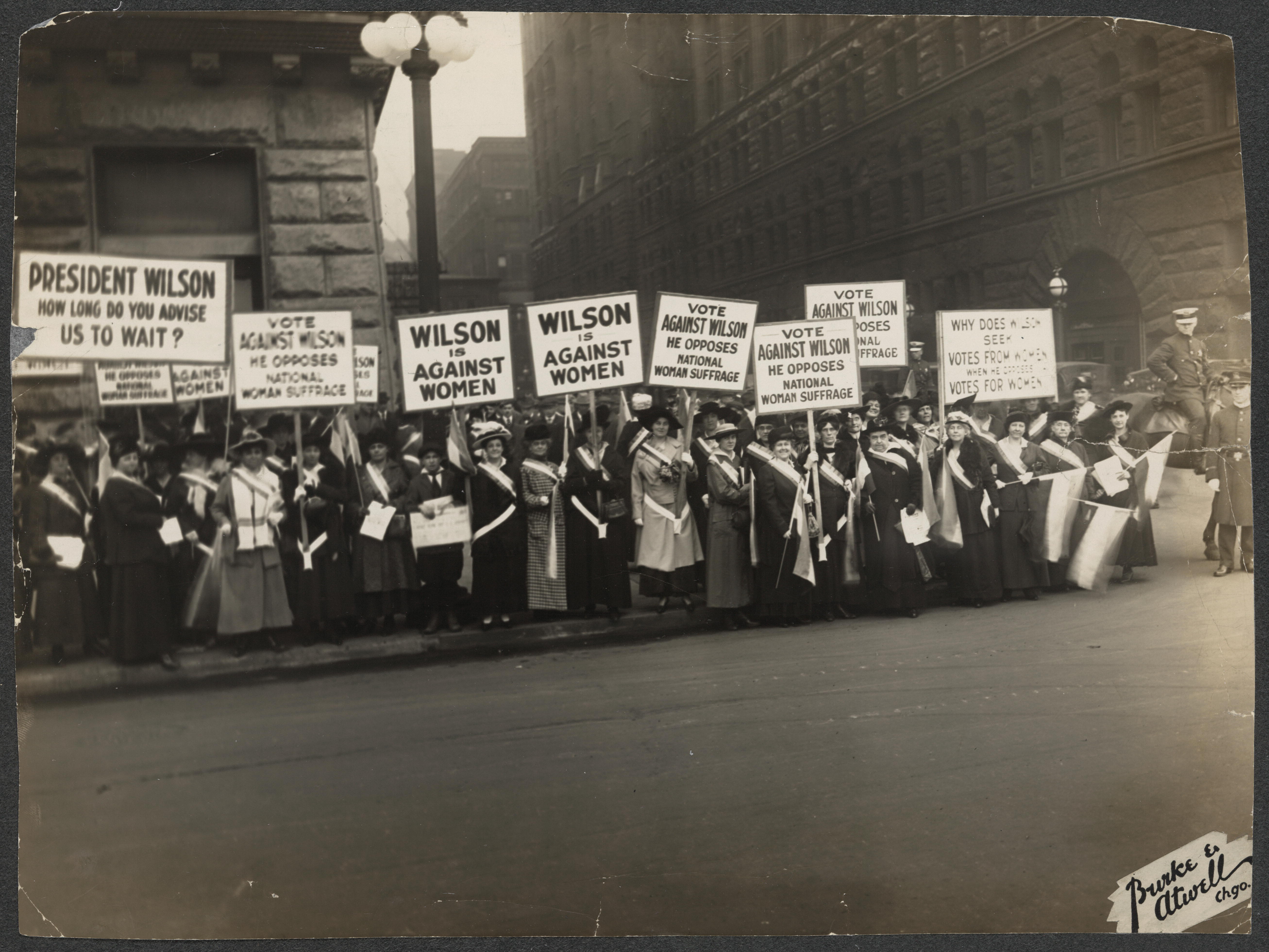
Earlier this month, we featured Sojourner Truth, an abolitionist and women’s rights activist. Today we are featuring a few other early women involved in similar issues: Lucretia Mott, Harriet Beecher Stowe, Elizabeth Cady Stanton, and Lucy Stone.
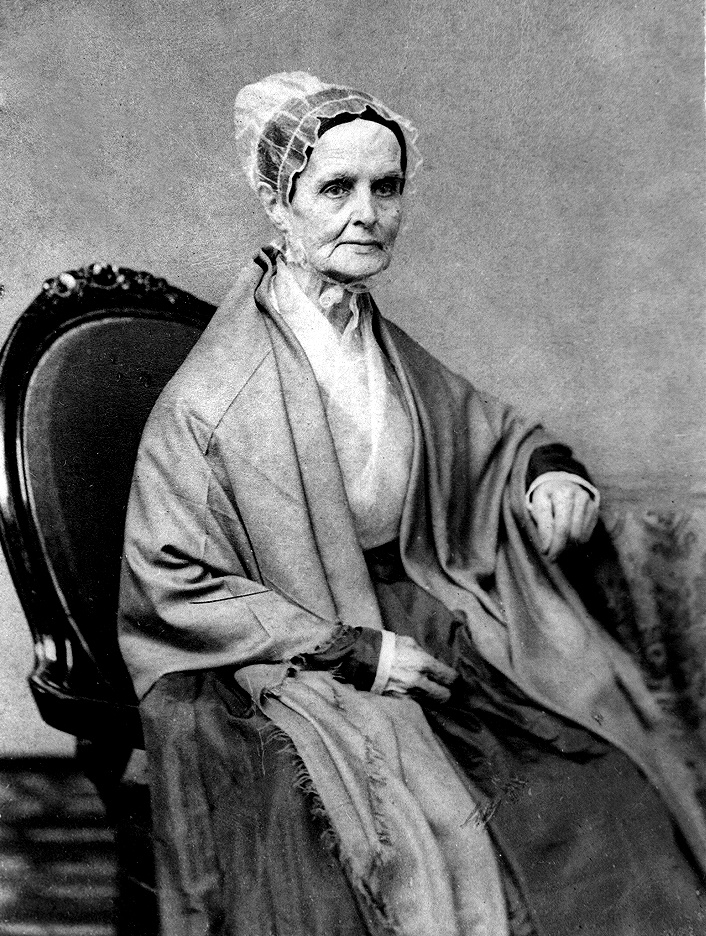
Lucretia Mott was an American Quaker, abolitionist, a women’s rights activist, and a social reformer. Her speaking abilities made her an important figure in these movements. Mott helped form the Philadelphia Female Anti-Slavery Society in 1833. When slavery was outlawed in 1865, she advocated giving Black Americans the right to vote. She was was among the founders of the American women’s rights movement, and remained a central figure in both the abolition and suffrage movements until her death in 1880. Mott’s feminist philosophy was outlined in her Discourse on Women, in which she argued for equal economic opportunity and voting rights. After helping to establish Swarthmore College in 1864, she served as head of the American Equal Rights Association.
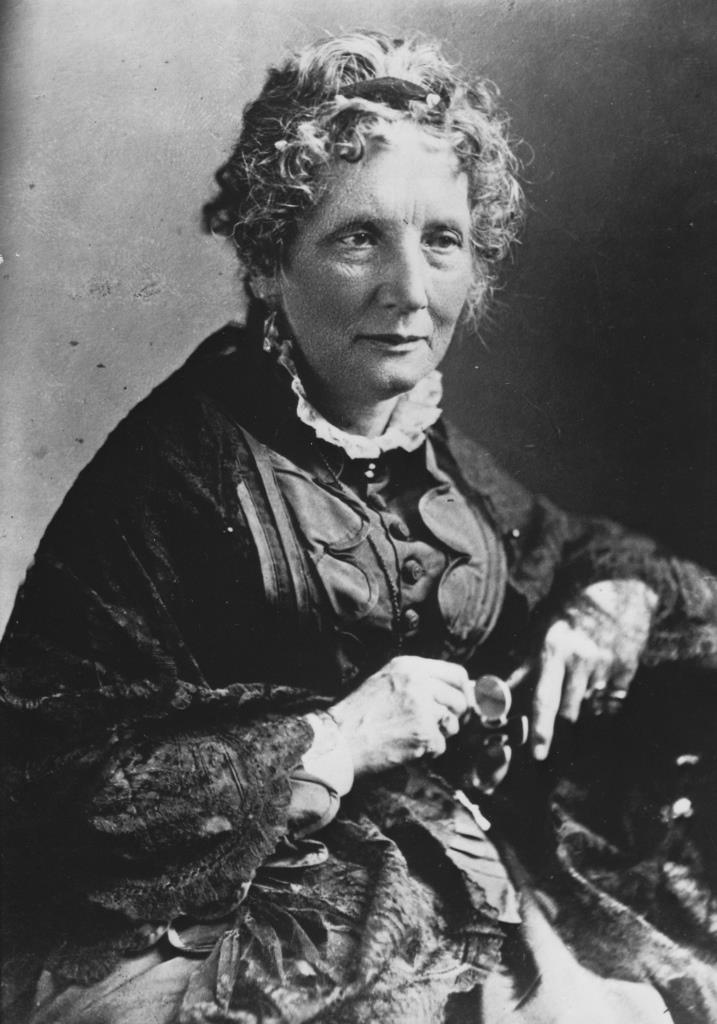
Harriet Beecher Stowe was an American abolitionist and author. She published over 30 books, but is best known for her novel Uncle Tom’s Cabin. She wrote children’s text books, advice books on homemaking and childrearing, biographies and religious studies. Stowe began her formal education at Sarah Pierce’s academy, one of the earliest to encourage girls to study academic subjects and not simply ornamental arts. As a student there, Stowe followed the traditional course of classical learning usually reserved for young men. She eventually became a teacher, until her success with Uncle Tom’s Cabin allowed her to write full time. The book was a best seller in the United States, Britian, Europe, Asia, and translated into over 60 languages. Stowe’s writing career spanned 51 years.
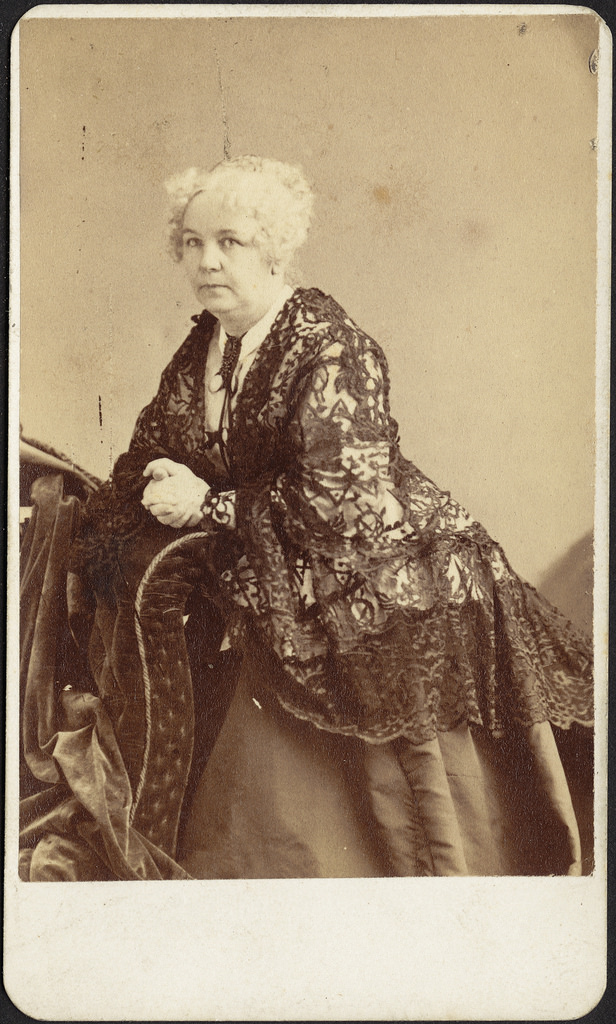
Elizabeth Cady Stanton was an American suffragist, social activist, abolitionist, feminist, writer, editor, and leading figure of the early women’s rights movement. She helped organize the world’s first women’s rights convention in 1848, and formed the National Women’s Loyal League with Susan B. Anthony in 1863. Seven years later, they established the National Woman Suffrage Association. Stanton wrote some of the most influential books, documents, and speeches of the women’s rights movement. In support of her argument that the Bible and organized religion played in denying women their full rights, with her daughter she published a critique, The Woman’s Bible, which was published in two volumes. She also wrote her autobiography, Eighty Years and More, and many other articles and pamphlets about female suffrage and women’s rights.
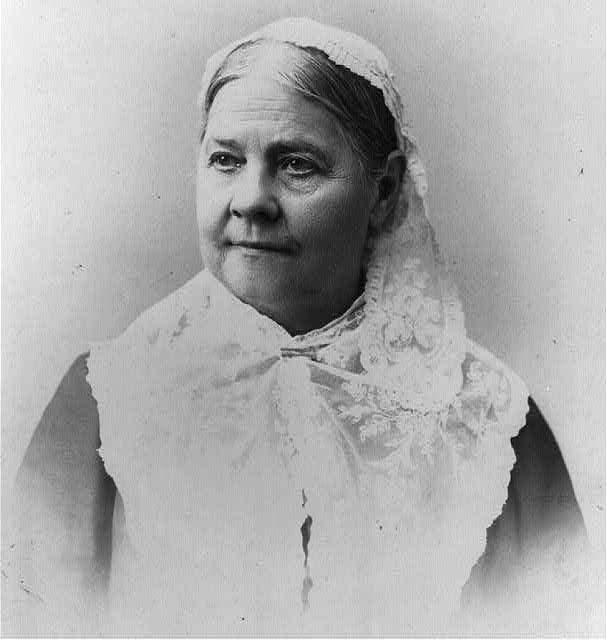
Lucy Stone was a prominent American orator, abolitionist, and suffragist, and a vocal advocate and organizer promoting rights for women. She supported the Women’s National Loyal League, and in 1866 helped found the American Equal Rights Association. She also organized and was elected president of the State Woman’s Suffrage Association of New Jersey, and spent her life serving the cause. Stone wrote extensively about a wide range of women’s rights, publishing and distributing speeches by herself and others. She was the first woman from Massachusetts to earn a bachelor’s degree, paying her own way through school and graduating in 1847 with honors. She had a career as a public speaker, speaking out about abolition and women’s rights, at a time when women were discouraged and even actively prevented from public speaking. While Stone did live to see the end of slavery, she died 30 years before women were finally permitted to vote.